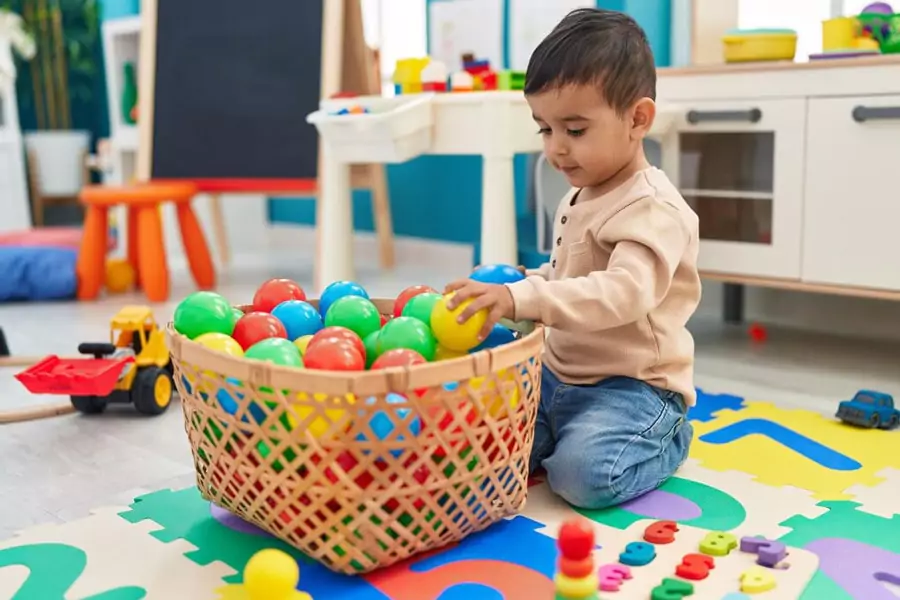
Starting preschool is a big step for both kids and parents. It’s that first foot into a place where learning, making friends, and a bit of independence start to bloom. If you live in Dublin, CA, you might be asking yourself, “Is my little one ready for preschool?” Age matters, sure, but that number is only part of the picture.
To help you make an informed choice, here are seven clear signs that your child is ready for school – along with tips on how to nurture these skills.
A big sign that your kid is ready for the preschool door is if they can stay with another trusted adult without falling apart. A little hesitation is okay, especially at first, but the program is set up for shorter doses of “I’m okay without mom or dad right now.”
Start with tiny practice goodbyes. Leave them with a trusted friend while you do a quick grocery run or water the neighbor’s plants. Make each goodbye a notch longer until the goodbyes feel normal instead of scary.
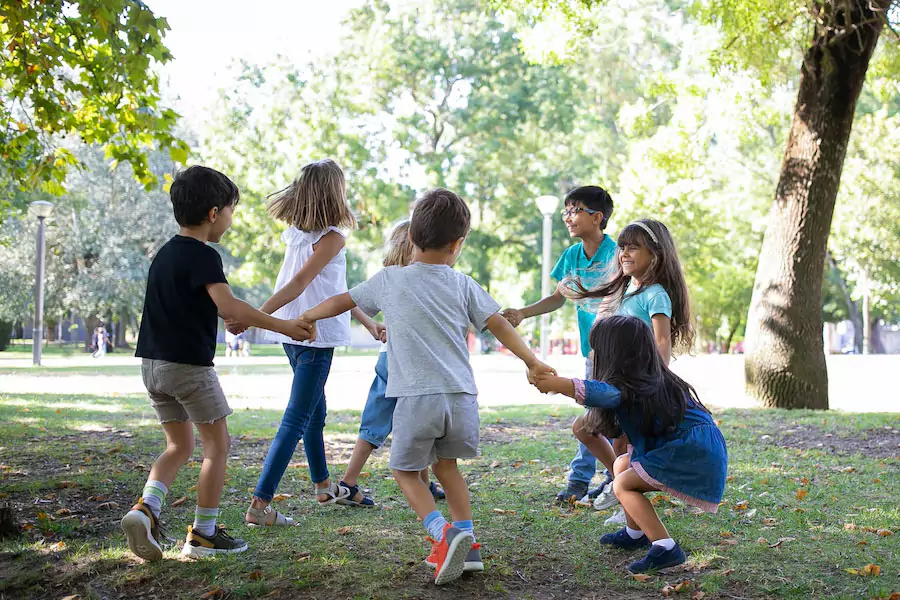
Preschool is a big playground for the heart and mind. If your kid wants to chase other children or stop and watch them play, that’s a shining green light.
Set up mini playdates at the local park or join a toddler story hour. Let them build a tower with blocks or splash in the sand with new pals. The more they practice sharing and waiting for a turn, the more their confidence grows.
Preschool is a bit of a ship with sails and ropes. Kids need to know when to line up, when to help clean up, and when to tiptoe for story time.
Make everyday chores into friendly games. You might say, “Let’s see who can put the blocks away first!” Framing it this way engages them and turns the task into an enjoyable activity.
Your preschooler doesn’t need to know a thousand words, but they should be able to say what they need, how they feel, and what they want in a way others can understand. When they can do this, everyone feels less frustrated, and the whole group runs more smoothly.
Share storybooks and after a page or two, ask questions like, “Why do you think the bear is sad?” or “What might happen next?” When they answer, listen and add a little more to what they say. This practice builds the words they need and makes them feel good about talking.
Preschoolers are asked to try more personal care on their own. They don’t have to get everything right, but they should be able to handle simple chores with only a bit of help.
Let them have a chance to put on their shoes or wash their hands, even if it takes a few tries. Recognize and acknowledge the effort, not just the final result.
Preschool is filled with planned activities that last a few minutes, like listening to a story, making a picture, or sitting in circle time. If your child can keep their mind on one thing for about 5 to 10 minutes, they’re ready for that rhythm.
Start with short, engaging tasks and gradually extend their length. Games where they sort toys, cooking side by side, or stacking blocks naturally stretch how long they stay focused.
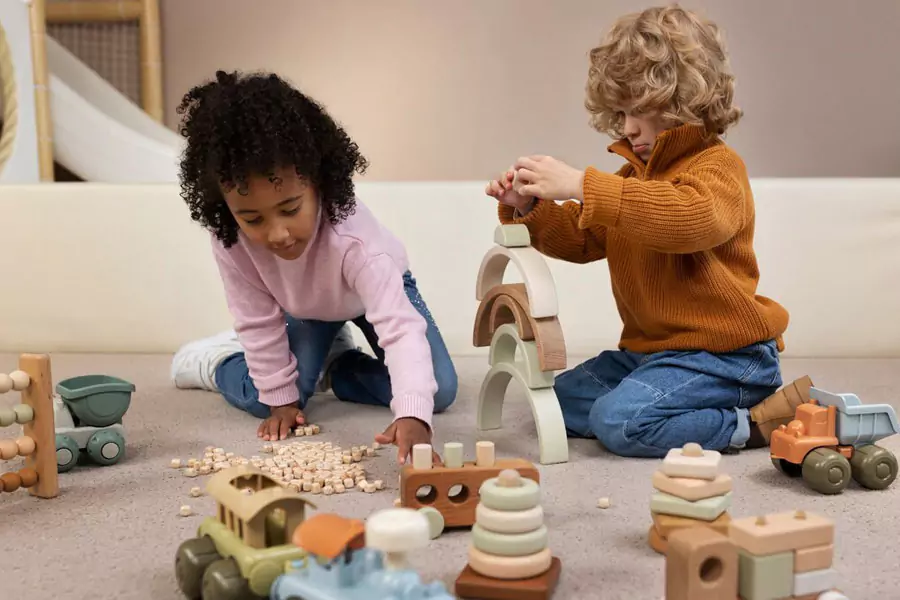
Curiosity is air for a preschool classroom—it’s the spark that makes kids ask, poke, and want to try. When your child bounces to a new idea or giggles at a new fact, that’s a good sign they’ll thrive among classmates.
Give them toys and books that match how they learn, stop by the Dublin Library, and wander the nearby parks. Cheer them on when they ask, and turn every question into a tiny adventure.
Choosing a local preschool gives your child the benefit of a familiar community environment. In Dublin, parents have access to nurturing, high-quality early education programs like Nurturekids, which focuses on:
Preschool is the foundation for a lifelong love of learning. Starting in a supportive environment helps children develop confidence, social skills, and academic curiosity.
Enroll your child at Nurture Kids today and watch them grow into a confident, curious, and capable learner.
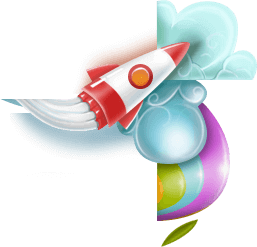
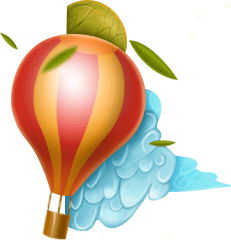
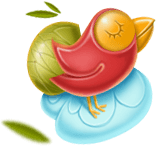
Copyright wenurturekids © 2025. All Rights Reserved
